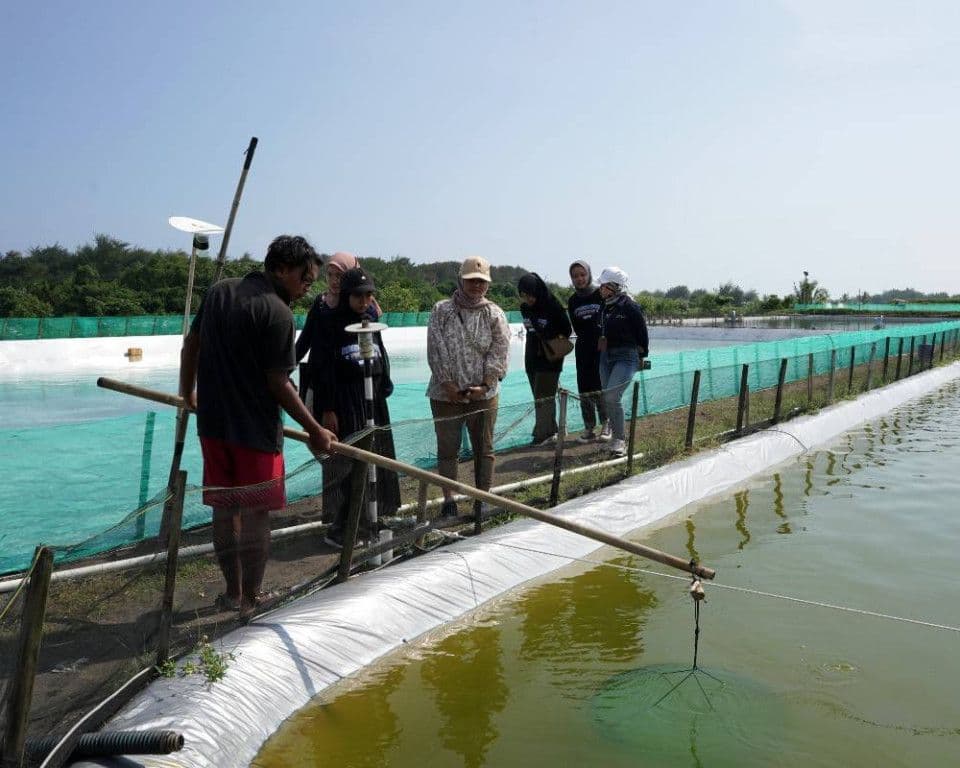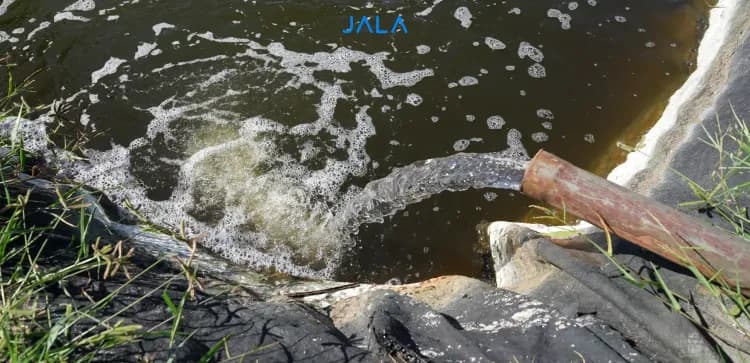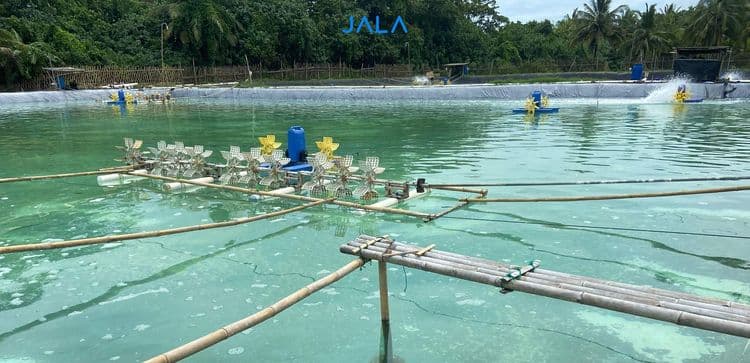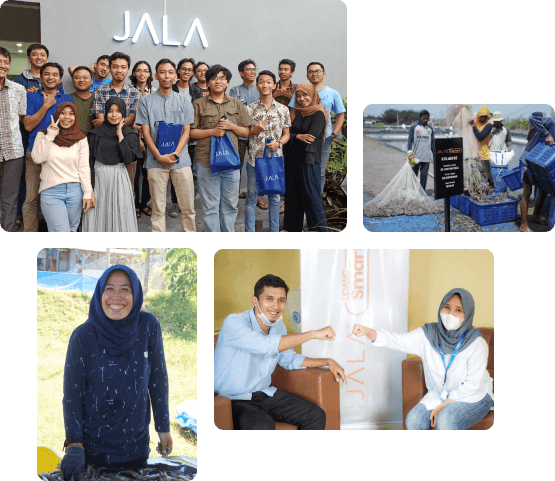
As a country with promising potential for shrimp production, Indonesia needs to enhance the competitiveness of its shrimp in the global market. The quality of shrimp in the global market demands high standards, one of which is seeking pond certification. Besides market demands, pond certification is also necessary to maintain the sustainability of cultivation from various aspects.
Having certification for shrimp farms also gives added value by reflecting the quality of harvests, proper and environmentally friendly cultivation procedures, and sustainable waste processing. One of the important certifications for shrimp farms is the ASC certification.
What is ASC certification and what are its benefits for shrimp farmers?
The ASC (Aquaculture Stewardship Council) certification is awarded by an international non-profit organization with the same name. This certification is given to cultivation ponds for 12 species, including salmon, trout, shrimp, and tilapia, that adhere to strict and responsible farming standards while minimizing negative environmental and social impacts.
This certification is not directly given by ASC, but through Conformity Assessment Bodies (CABs) or independent auditors that visit and audit the farm to check if it fulfills the requirements for ASC certification. Farmers are required to find and contact the CAB of their choice and invite them to their farm. ASC will determine the audit date for the CAB.
To obtain ASC certification, ponds must undergo rigorous performance assessments and meet various criteria, such as:
Farms must minimize impacts on the neighboring ecosystem, such as through partial restoration of lost mangrove forests and choosing a location in green belt zones.
Farms must ensure full traceability of their feedback to a responsibly managed source, preferably certified.
Farms must measure water quality parameters (nitrogen, phosphorus, oxygen levels, etc.) regularly and remain within set limits. Treatment systems for wastewater need to comply with strict requirements.
Cultivations must minimize disease outbreaks, such as by using pathogen-free fry (SPF). Farms must have a high survival rate (SR).
Farms must have safe and equitable working environments where employees earn a decent wage and have regulated working hours.
After certification, ponds are regularly audited to ensure they continue to meet ASC requirements.
The ASC certification aims to transform the aquaculture industry to focus on environmental and social sustainability. This requires a synergy between exporters, cultivators, and the government. Although it is not yet mandatory in the export market, this certification contributes to building the image and enhancing the competitiveness of Indonesian shrimp products.
Here are some benefits of having ASC certification:
- Assurance of higher quality and reliability
- Business improvement
- Enhanced reputation
- Business protection
- Securing existing markets
- Access to new markets, especially for exports
- Promotion opportunities
Challenges faced by Indonesian shrimp farms in getting certified
Despite the various benefits that ASC and other certifications can bring to shrimp farmers and the Indonesian shrimp industry as a whole, Indonesian shrimp farmers still face difficulties in obtaining ASC and other certifications. For example, there are different cultivation standards in various regions of Indonesia, including stocking density, fry quality, biosecurity practices, and various other aspects.
ASC standards introduce environmentally friendly practices and proper farming management, which may still be challenging for Indonesian shrimp farmers, especially those practicing traditional methods.
With good farm management and productive and sustainable cultivation practices, Indonesian shrimp farmers can be one step closer to obtaining ASC certification and competing in the global market.





